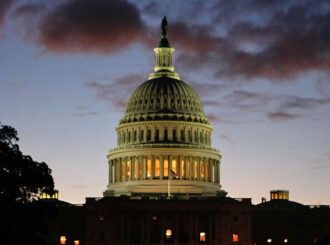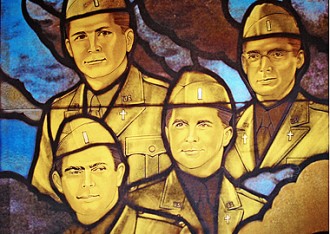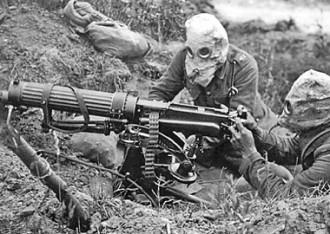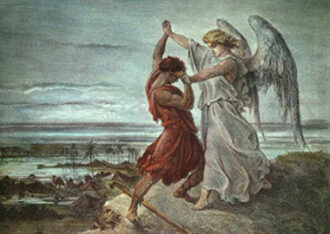He wrote to his mother, saying, more or less, Jesus was only a man and a man is on his own. It’s clear that there was a lot of anguish in that decision. If anything, untethering his conscience from religion put more pressure on him to prove himself and his sincerity. When Evan was manacled to the bars of his cell in Fort Leavenworth because of his absolute refusal to serve the army, his friend (and President Wilson’s son-in-law’s brother) John Nevin Sayre went to Wilson on his behalf and repeatedly described Evan to Wilson as Christ-like. Evan would have hated that description, but clearly part of him wanted that and needed that kind of commitment.
Read More











